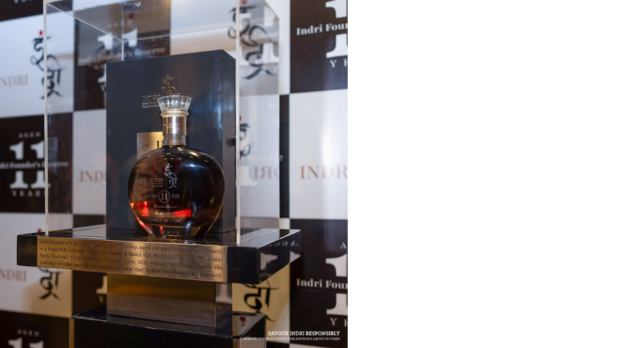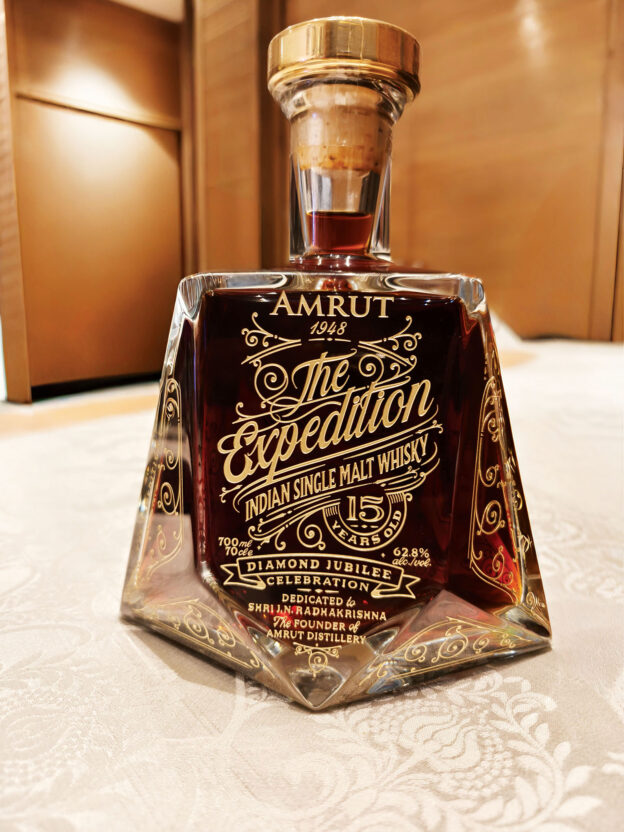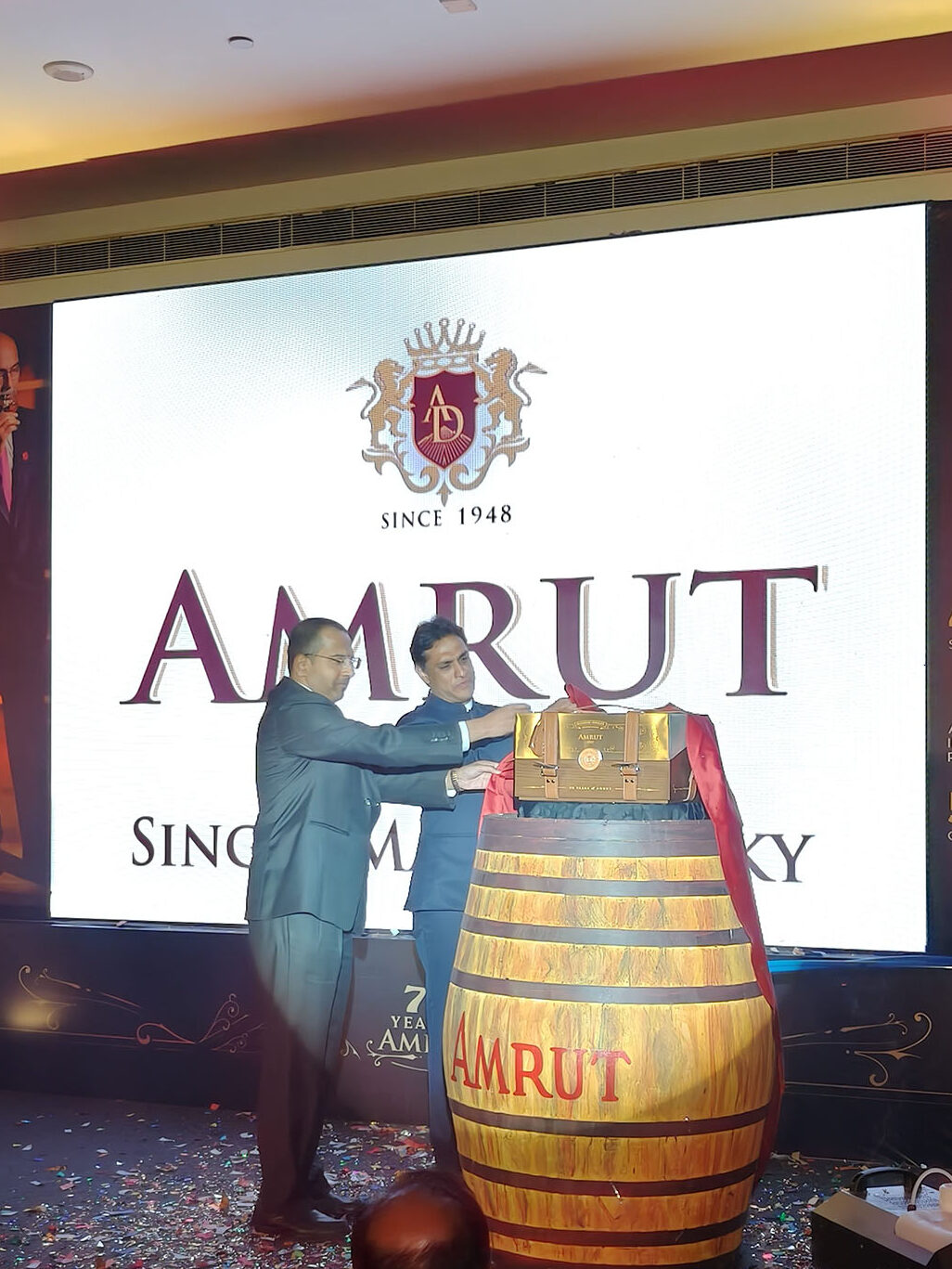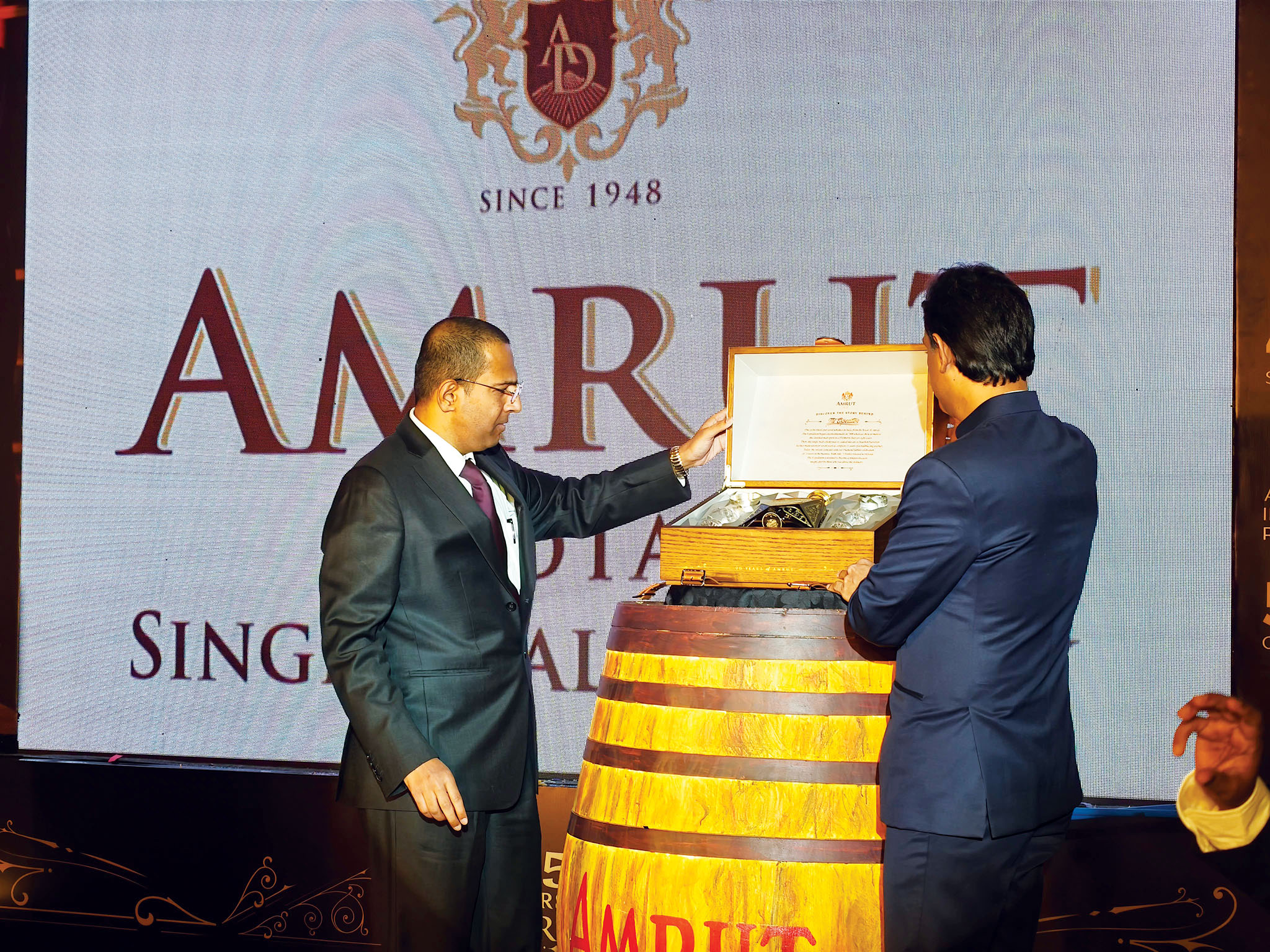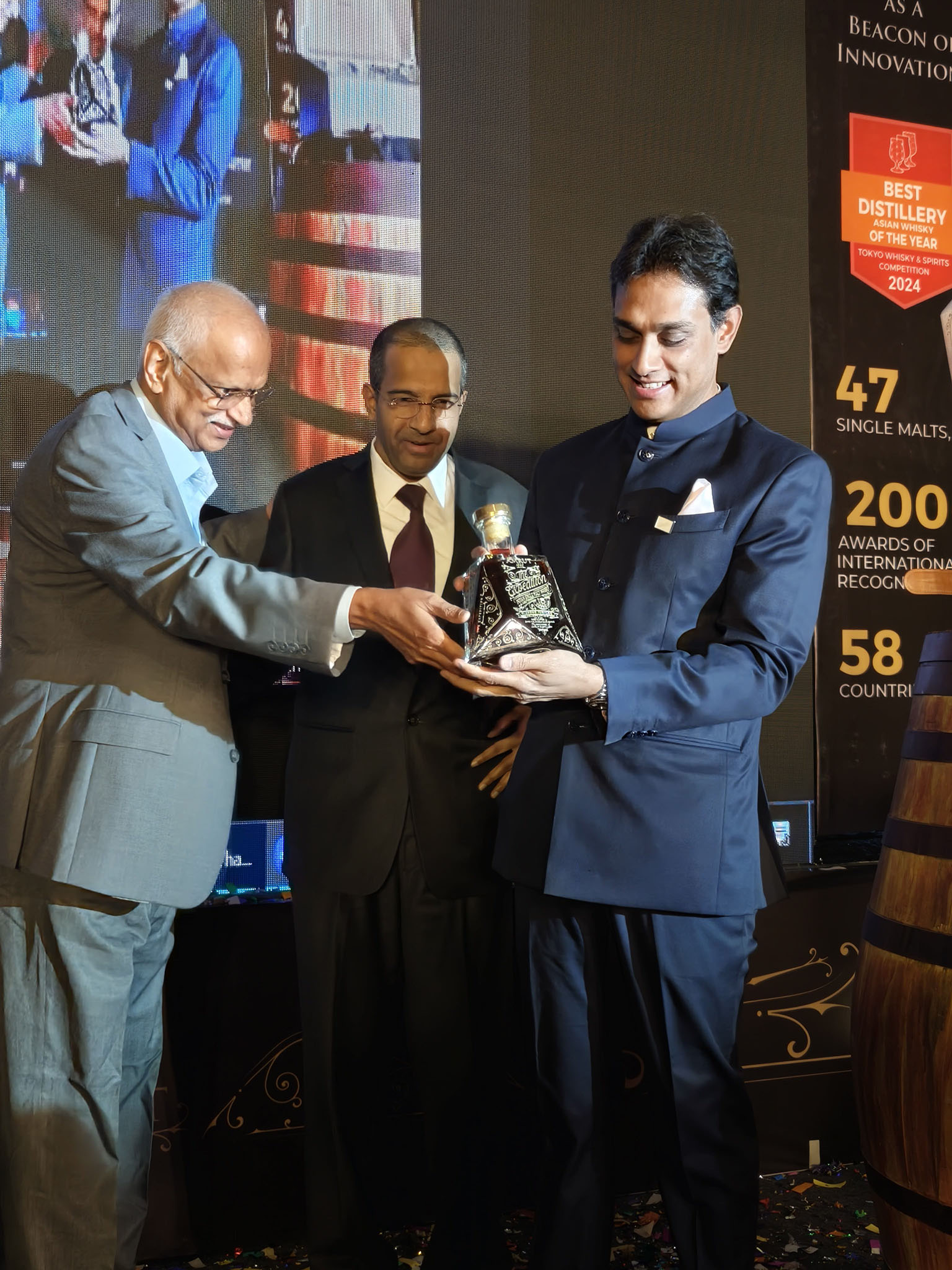At 689 by The Quorum in Gurugram, whisky enthusiasts gathered for an evening with Jim Murray, author of the Whisky Bible. On the table were two rare releases from Indri: the Founder’s Reserve 11-Year-Old Single Malt and Agneya, both already acclaimed despite limited numbers.
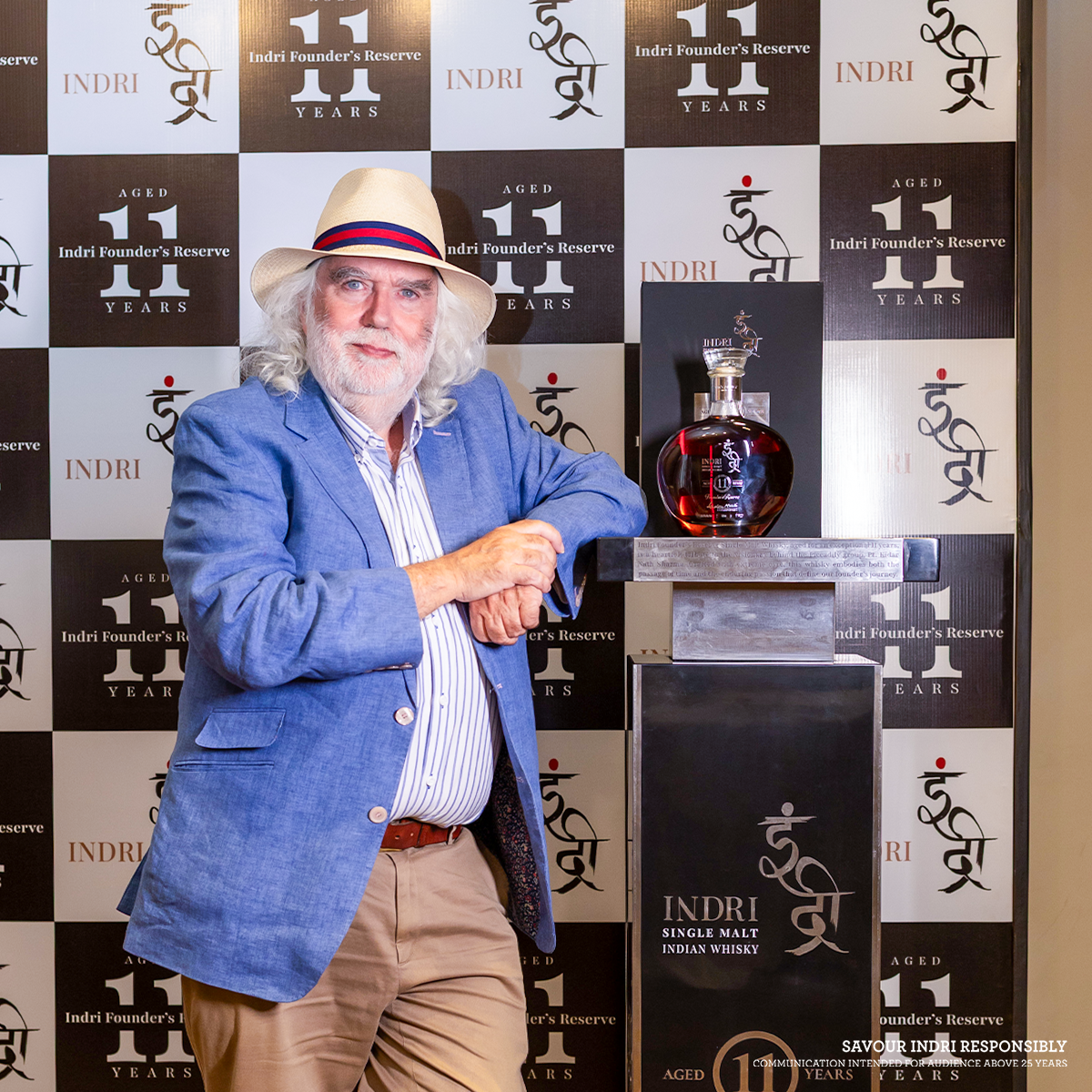
Murray immediately challenged habits. “How many of you add ice?” he asked. A few hands lifted. “Don’t,” he cautioned, explaining that ice dulls aromas and leaves bitterness. Even water, he argued, reduces whisky below strength.
He then guided the audience step by step: warm the glass in your hand, trap aromas until condensation appears, breathe gently from the rim, and never rush the first sip. “Only the second mouthful speaks,” he said, urging guests to chew the spirit, part their lips, and notice how flavours unfold. Balance, he stressed, was key—fruit against oak, sweetness against spice. “A whisky like this deserves an hour.”
The Blender’s Craft
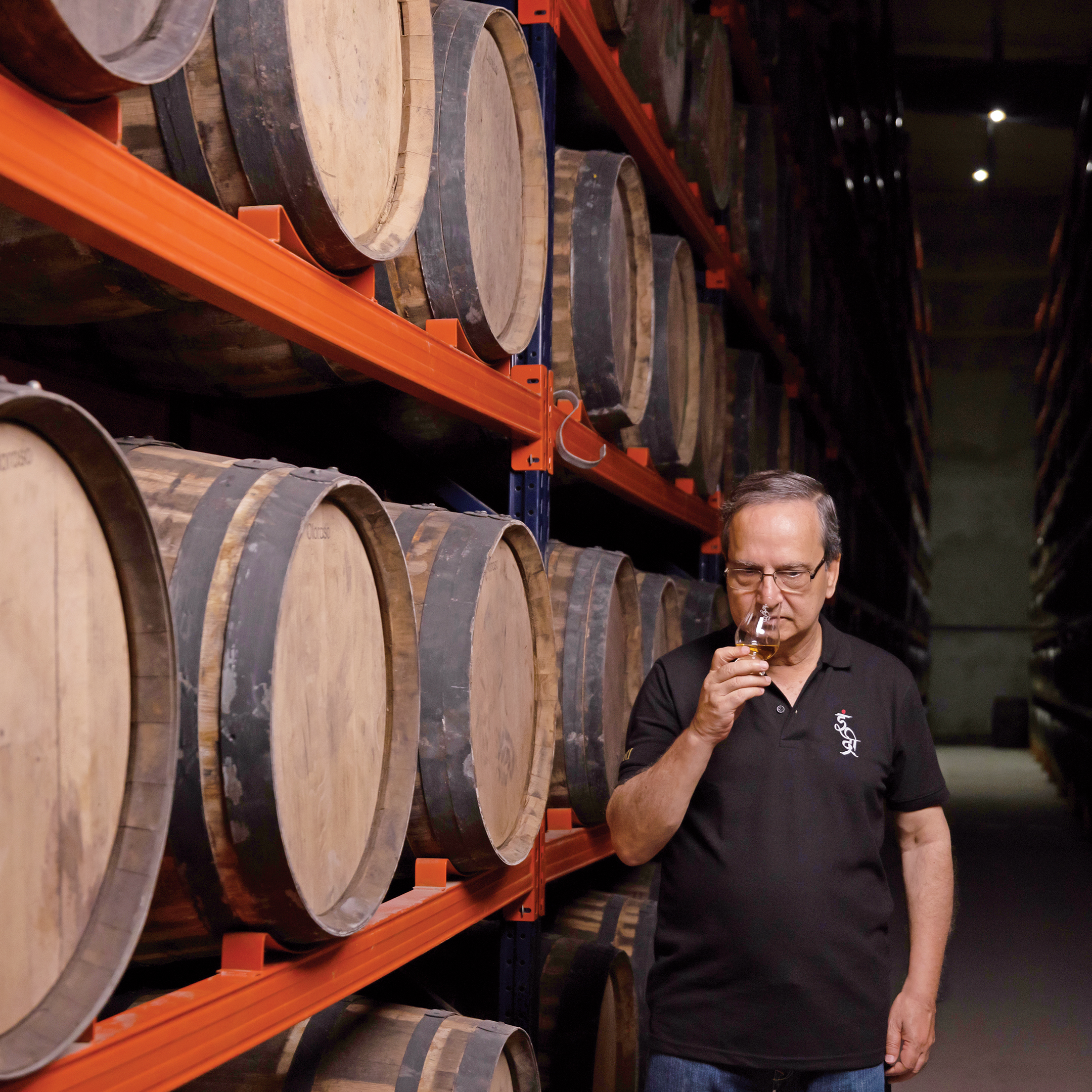
While Murray led the masterclass, the whisky itself reflected the work of Surrinder Kumar, Master Blender at Piccadily Agro Industries Ltd. In a private interaction with Ambrosia, Kumar spoke about creating the Founder’s Reserve 11-Year-Old.
“We worked with six-row barley for a robust spirit,” he said. “Ex-red wine casks from Bordeaux added dried fruits, berries, spice, and tannins.” With nearly 1,500 barrels to choose from, Kumar blended fruity, spicy, and chocolate-led profiles into one balanced expression. “I want first-time tasters to sense that harmony—red fruits, oak, chocolate, vanilla, spice—distinct yet tied together.”
Recognition and Release
The Founder’s Reserve 11-Year-Old is bottled at 50% ABV for India and 58.5% for export. Its profile moves from dark fruits and spice to vanilla, chocolate, and a wine-driven finish.
The release honours Pt. Kidar Nath Sharma, founder of the Piccadily Group, and has earned global recognition: Gold at San Francisco, Platinum in Las Vegas (98 points), eighth at the International Whisky Competition, and medals in New York, Whiskies of the World, and IWSC.
Only 1,100 bottles exist, split between India and select global markets—a rare expression of Indian terroir and craftsmanship.
‘

